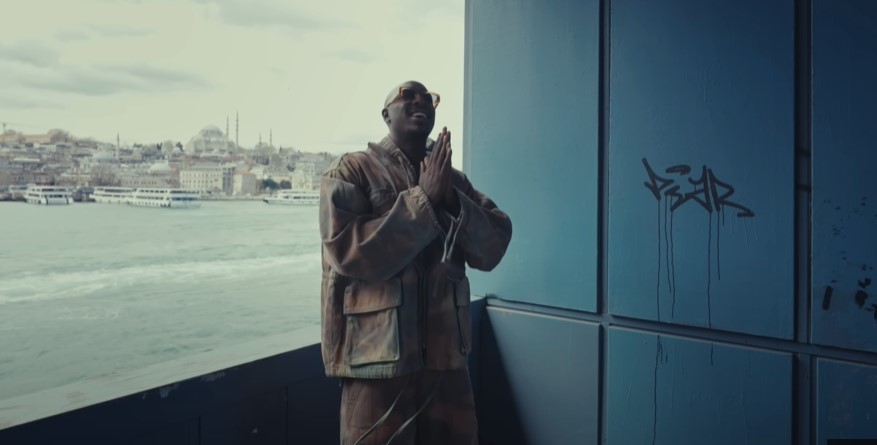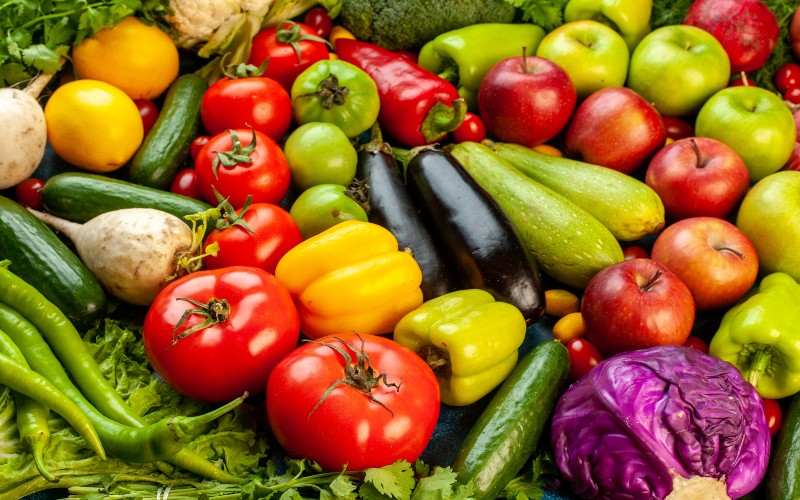Bien and Suldaan wow fans with 'Safari', a powerful blend of Swahili and Somali sounds

As the song continues to dominate streaming platforms, “Safari” is more than just a hit; it is a movement, symbolising the power of African unity and the limitless potential of cross-cultural collaboration.
Kenyan music fans were left in awe as Bien teamed up with Somali artist Suldaan Seeraar for the hit song “Safari”, which has already amassed over 504,000 views on YouTube in just three days.
The collaboration blends Afro-fusion with Somali rhythms, a genre rarely explored in Kenya’s mainstream music.
More To Read
- Inside the rise of news influencers transforming media in Kenya, Nigeria and South Africa
- YouTube Music unveils 2025 Recap with AI Chat and story-style year in review
- YouTube to age-restrict violent gaming videos under new policy
- YouTube unveils sleek new video player for Android and iOS
- YouTube Music testing new feature that could rival Spotify’s AI DJ
- Top 10 most downloaded Google apps in 2025
Fans took to social media, praising the fusion of Swahili and Somali sounds.
One YouTube comment perfectly encapsulated the reactions: "Wimbo itoke Eastleigh...ipite Isiolo...Modogashe to Mogadishu... mashallllaah."
Bien, known for his innovative sound as part of Sauti Sol, has taken his artistry to new heights with “Safari”.
The song, which serves as a meditation on life’s impermanence and the journey of life, has surpassed musical expectations.
As one fan put it, “This is fire! Bien and Suldaan Seeraar just created magic. The blend of Swahili and Somali vibes in Safari is next-level! True East African unity through music. Big up to both legends for this masterpiece.”
Suldaan Seeraar, a rising voice in Afro-pop with popular tracks like “Yarta Raadiya”, “Kal Iyo Laab”, and “African Woman” (Remix), brings a unique touch to the song. His music blends modern Afro-pop soundscapes with Somali folk traditions, making “Safari” not just a collaboration but a powerful cultural convergence.
Modernity and tradition
"Bien and Suldaan have created a sound that blends modernity with tradition. It’s a song about life’s journey, resilience, and unity," commented Ali, a music enthusiast from Eastleigh.
The song’s visuals offer a stunning contrast of two worlds.
In the video, Bien is seen aboard a boat, symbolising the hardships and isolation of life, crossing waters, probably the Indian Ocean, toward Somalia.
The serene background, with the mosque and birds flying overhead, adds spiritual depth to the narrative.
The simple yet powerful cinematography includes scenes of Somali women applying henna, their modest attire adding to the authenticity and cultural respect the video exudes. At one point, Bien is seen breaking bread and drinking Somali tea from a small glass, further grounding the song in shared traditions and hospitality.
The vibe of the video, strikingly simple yet rich in symbolism, aligns perfectly with the deep themes of Safari.
Lyrically, Safari speaks to the fragility of life with lines like "Binadamu anapanga, Mungu anaamua" (Man plans, God decides) and the more cynical "Binadamu anapanga, shetani anapangua" (Man plans, but Satan destroys the plans).
Human existence
These verses emphasise both spiritual humility and the existential tensions of human existence.
The track’s genre-blending sound features Amapiano beats intertwined with Somali melodies and rhythms, drawing influences from the Indian Ocean trade routes.
The incorporation of historical elements, such as the use of violin, flutes and soft keyboards, nods to the centuries of cultural exchange between Africa, the Arabian Peninsula, and the Indian subcontinent.
Bien and Suldaan have crafted a sound that is ancient, modern, and futuristic, all at once.
Globally conscious venture
Bien’s collaboration with Suldaan Seeraar marks a bold and globally conscious venture that transcends borders. For both artists, Safari is not just about music; it’s about culture, unity, and the journey of life.
“This is not a song I can dance to, but I am so used to Bien producing dance beats. However, I like the fact that he is incorporating different cultures into his music. It shows growth as an artist, and “Safari” is a testament to how music can bridge gaps between communities. It's refreshing to see him blend Afro-fusion with Somali rhythms, creating something new yet deeply rooted in African heritage. It’s a journey of both sound and meaning.” Alfred Anyango told The Eastleigh Voice.
Their collaboration is a declaration that East African music, with its rich diversity, has a place on the global stage.
As the song continues to dominate streaming platforms, “Safari” is more than just a hit; it is a movement, symbolising the power of African unity and the limitless potential of cross-cultural collaboration.
“Safari” has already become a fan favourite, and it is only a matter of time before it captures even wider international acclaim.
Top Stories Today













































